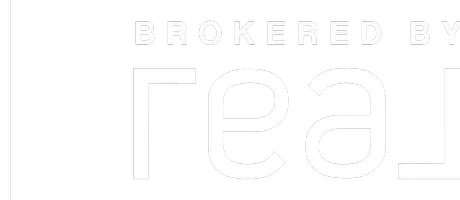Buy VS Rent

The decision between buying and renting a property is a crucial one, and it can have a significant impact on your long-term financial well-being. Both options come with their own set of advantages and disadvantages, and it's important to carefully weigh them before making a choice. In this blog post, we will explore the key factors that buyers should consider when deciding whether to buy or rent a property.
One of the primary advantages of buying a property is the potential for long-term financial gains. Real estate is generally regarded as a solid investment, and over time, the value of your property is likely to appreciate. By owning a home, you are building equity and creating an asset that can contribute to your overall wealth.
Furthermore, buying a property provides stability and a sense of permanence. Homeowners have the freedom to customize and personalize their living space according to their preferences. You can paint the walls, make renovations, and truly make the space your own. This level of control is often not available to renters, who are limited by the terms of their lease agreements.
Additionally, buying a property can offer various tax benefits. Homeowners can deduct mortgage interest and property taxes from their taxable income, potentially saving them a significant amount of money. These tax advantages can make homeownership more affordable in the long run.
However, it's important to consider the potential drawbacks of buying a property as well. One of the primary cons is the upfront cost associated with purchasing a home. Buyers typically need to make a substantial down payment, which can be a significant financial burden. Additionally, there are various closing costs, such as appraisal fees, legal fees, and inspection costs, that can add up quickly.
Homeownership also comes with ongoing expenses. As a homeowner, you are responsible for maintenance and repairs, which can be costly and time-consuming. Additionally, property taxes and homeowner's insurance are recurring expenses that need to be factored into your budget.
On the other hand, renting a property offers certain advantages that may be appealing to some individuals. One of the primary benefits is flexibility. Renting allows you to easily change your living situation if needed. Whether you get a job offer in another city or simply want to experience a different neighborhood, renting provides the freedom to move without the financial burden and time commitment associated with selling a property.
Renting also requires less upfront investment. While a security deposit is typically required, it is significantly lower than a down payment for purchasing a home. This makes renting a more accessible option for those who may not have enough savings to afford a down payment.
Moreover, renting often comes with fewer responsibilities. Landlords are typically responsible for property maintenance and repairs, relieving renters of these financial and time-consuming obligations.
However, renting has its downsides as well. One of the primary disadvantages is the lack of long-term financial benefits. Rent payments do not contribute to building equity, and you are essentially paying for someone else's investment. Over time, the cost of renting can exceed the cost of homeownership.
Furthermore, renting offers less control over your living space. Renters often have restrictions on making changes or renovations to the property, limiting their ability to personalize their home.
In conclusion, the decision between buying and renting a property depends on individual circumstances and priorities. Both options come with their own set of advantages and disadvantages. Buyers should carefully evaluate their financial situation, long-term goals, and personal preferences before making a decision. If you are looking for long-term financial gains, stability, and the ability to personalize your living space, buying a property may be the best choice for you. However, if flexibility and lower upfront costs are more important, renting may be a better fit. Ultimately, it's important to make an informed decision that aligns with your financial goals and lifestyle.
Recent Posts











"My job is to find and attract mastery-based agents to the office, protect the culture, and make sure everyone is happy! "
8610 Chapel Hill Court, Charlestown, Indiana, 47130, USA

